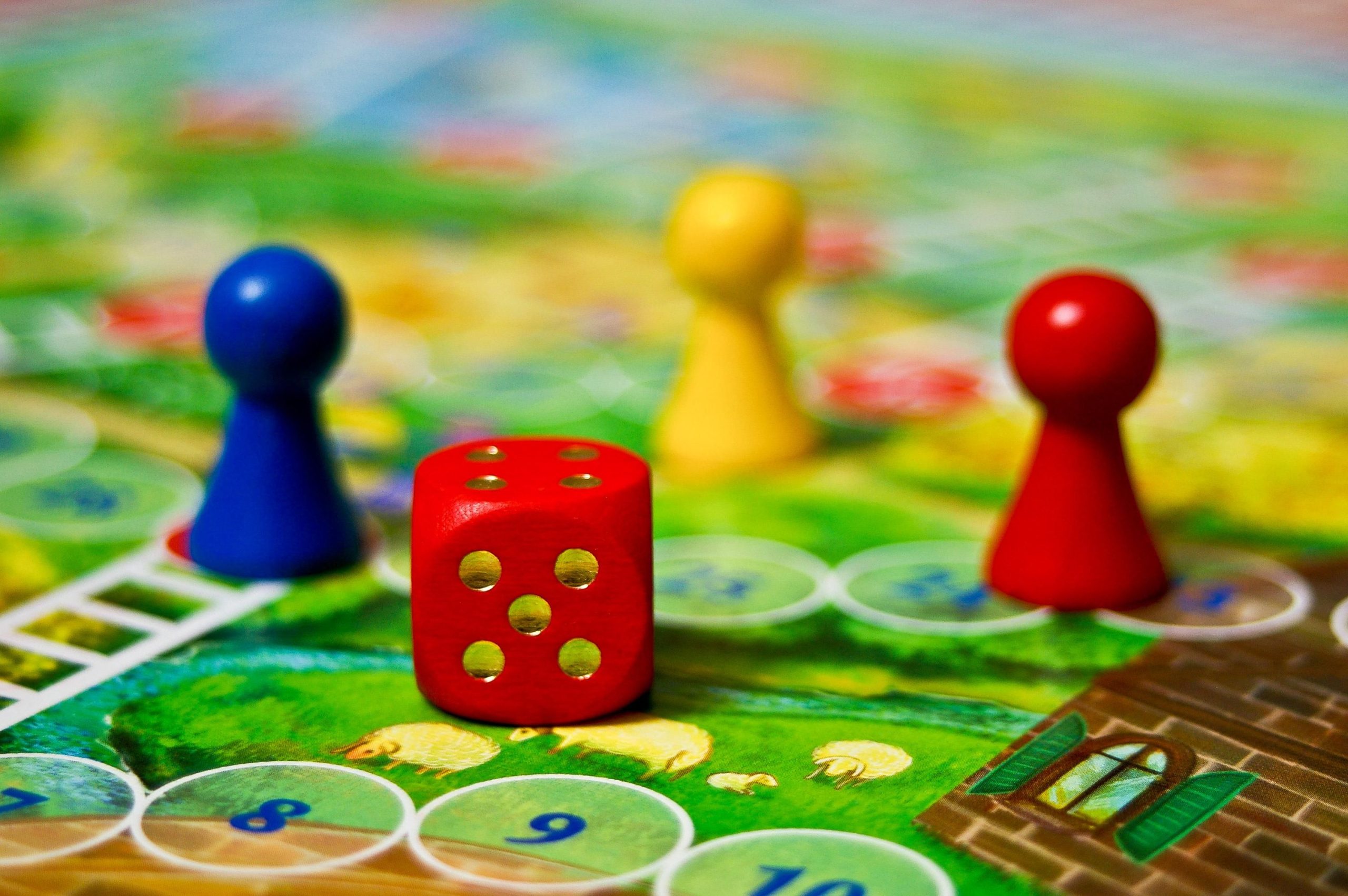This essay delves into the intersection of games and mental wellness, exploring how play can positively impact mental health and overall well-being. From traditional board games to immersive video games, gaming activities have been shown to alleviate stress, enhance cognitive function, and foster social connections. By examining the psychological mechanisms underlying the therapeutic effects of gaming, this essay seeks to illuminate the potential of games as a tool for promoting mental wellness and resilience.
Introduction:
In an increasingly fast-paced and digitally connected world, the importance of mental wellness and self-care has become paramount. Games, often associated with leisure and entertainment, possess untapped potential as tools for promoting mental health and well-being. This essay endeavors to explore the therapeutic benefits of gaming, from its ability to reduce stress and anxiety to its capacity for enhancing cognitive function and fostering social connections. By examining the psychological mechanisms at play, this essay aims to shed light on how games can be leveraged to promote mental wellness and resilience in individuals of all ages.
Understanding the Therapeutic Effects of Gaming:
Gaming activities have been shown to have a range of therapeutic effects on mental health and well-being. Engaging in gameplay can provide a temporary escape from everyday stressors, allowing individuals to immerse themselves in enjoyable and challenging activities. The sense of accomplishment and mastery that comes from overcoming in-game obstacles can boost self-esteem and confidence, while the social interactions facilitated by multiplayer games can foster a sense of belonging and connectedness. Moreover, games that incorporate elements of mindfulness and relaxation, such as puzzle games and virtual environments, can promote relaxation and stress reduction, enhancing overall psychological well-being.
Cognitive Benefits of Gaming:
Beyond its immediate therapeutic effects, gaming has been linked to a range of cognitive benefits that can contribute to overall mental wellness. Playing games that require problem-solving, critical thinking, and strategic planning can stimulate cognitive function and enhance brain health. Video games, in particular, have been shown to improve spatial awareness, attentional control, and executive function, leading to improvements in memory, processing speed, and cognitive flexibility. By challenging the mind and providing opportunities for cognitive engagement and stimulation, games can help individuals maintain mental sharpness and resilience as they age.
Social Connections and Support:
Games have the power to bring people together and foster social connections, which are essential for promoting mental wellness and resilience. Multiplayer games provide opportunities for collaboration, teamwork, and social interaction, enabling players to form bonds and build relationships with others. Online gaming communities and forums serve as virtual spaces where individuals can connect, share experiences, and provide support to one another. For individuals who may struggle with social anxiety or isolation, gaming can provide a safe and supportive environment for socializing and building friendships, reducing feelings of loneliness and enhancing overall well-being.
The Role of Gamification in Wellness:
Gamification, the integration of game elements and mechanics into non-game contexts, has emerged as a promising approach for promoting behavior change and enhancing wellness outcomes. By applying principles of game design, such as goal-setting, feedback, and rewards, gamified interventions can motivate individuals to adopt healthier habits and achieve their wellness goals. From fitness apps that reward users for reaching activity milestones to productivity tools that use game-like elements to increase engagement and productivity, gamification offers a playful and engaging approach to wellness promotion. By making wellness activities more enjoyable and rewarding, gamification can encourage sustained participation and long-term behavior change, leading to improved mental and physical well-being.
Challenges and Considerations:
While gaming holds promise as a tool for promoting mental wellness, it is not without its challenges and considerations. Excessive gaming can potentially lead to negative consequences, such as social isolation, sleep disturbances, and addiction-like behaviors. It is important for individuals to maintain a balanced approach to gaming and to be mindful of their gaming habits and behaviors. Moreover, not all games are created equal in terms of their therapeutic benefits, and it is essential to choose games that align with individual preferences, interests, and wellness goals. Additionally, more research is needed to better understand the specific mechanisms underlying the therapeutic effects of gaming and to develop evidence-based interventions that leverage gaming for mental wellness promotion.
Games have the potential to be powerful tools for promoting mental health and well-being, offering opportunities for stress relief, cognitive stimulation, social connection, and behavior change. Whether through traditional board games, immersive video games, or gamified interventions, gaming activities can provide individuals with enjoyable and meaningful experiences that contribute to their overall mental wellness and resilience. By harnessing the therapeutic benefits of gaming and addressing the challenges and considerations associated with its use, we can unlock the full potential of games as a tool for promoting mental health and well-being in individuals of all ages. As we continue to explore the intersection of games and wellness, let us embrace the playful and transformative potential of gaming to enhance mental wellness and support thriving communities.




